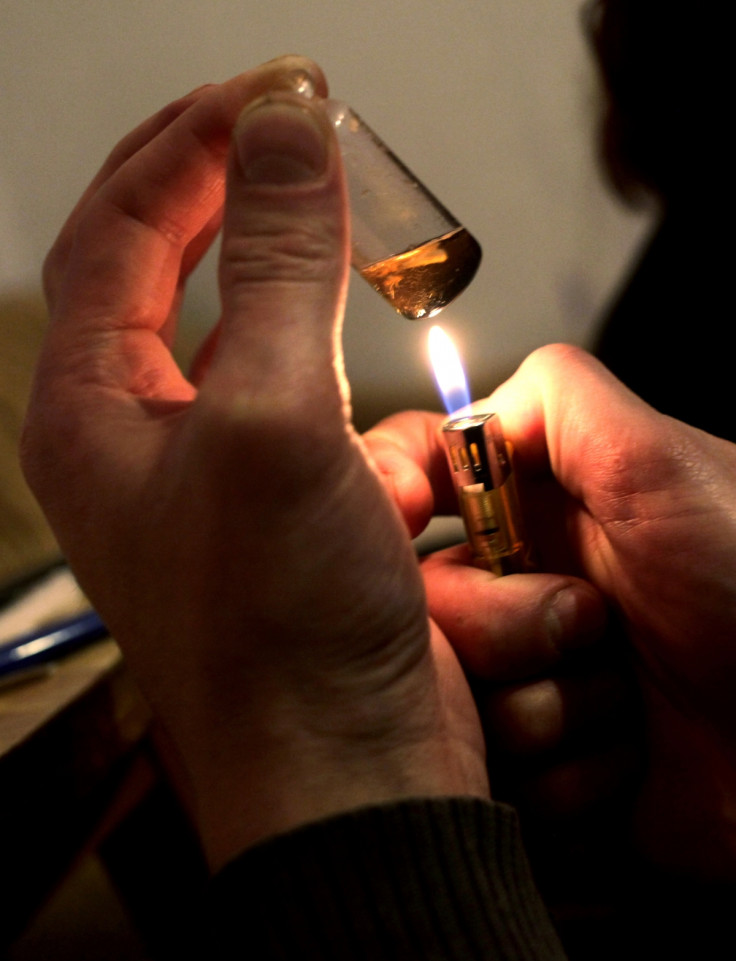New Jersey hospital 1st in US to ban opioid painkillers in emergency room as first line of treatment

A New Jersey hospital is banning opioid painkillers as the first line of treatment in its emergency department, becoming the first in the nation to do so to stem the tide of addictions and overdose deaths in America.
"Our job here together is to look at the whole equation and understand how we can stop people from going from a prescription, to an addiction," said Dr. Mark Rosenberg, chairman of the Emergency Department of St. Joseph's Regional Medical Center.
"We know that all drug abuse starts with the first dose," Rosenberg told the local CBS-TV station. "If we can stop using opioids before we give the first dose, then people won't become addicted."
The opioids most used at the hospital were oxycodone, Vicodin and Percocet, reports PIX11-TV. Opioids also include codeine and morphine.
The move comes within weeks of a dire warning from the US Centers for Disease Control and Prevention strongly urging doctors to prescribe the drugs only in the most extremes cases because of their links to addiction. The CDC has recommended they only be used for end-of-life pain or for severe chronic pain when nothing else works.
If doctors insist on prescribing them in other cases, they should only be used for a few days. "We know of no other medications routinely used for a non-fatal condition that kill patients so frequently," said CDC director Thomas Frieden.
After opioid prescriptions many people can become addicted, relying on the black market for the pills, or turn to heroin. The US is currently experiencing a record number of overdose deaths: 47,000 in 2014, more than all the people who died in car crashes and from guns.
The addictions and deaths echo a huge increase in the number of opioids being prescribed. "In 2012, there were enough opioid prescriptions issued — nearly 260 million — to give every man, woman and child in the country their own bottle of pills," complained New Jersey Democratic Senator Bob Menendez.
St. Joseph's Emergency Department, 20 miles from New York City and one of the busiest in the nation, began testing the new policy in January, treating over 250 patients with alternative medicine or treatments, who would have otherwise received opioids. Doctors instead are using non-opioid medications — such as acetaminophen or anti-inflammatory drugs — and procedures that block nerve pain.
© Copyright IBTimes 2025. All rights reserved.




















